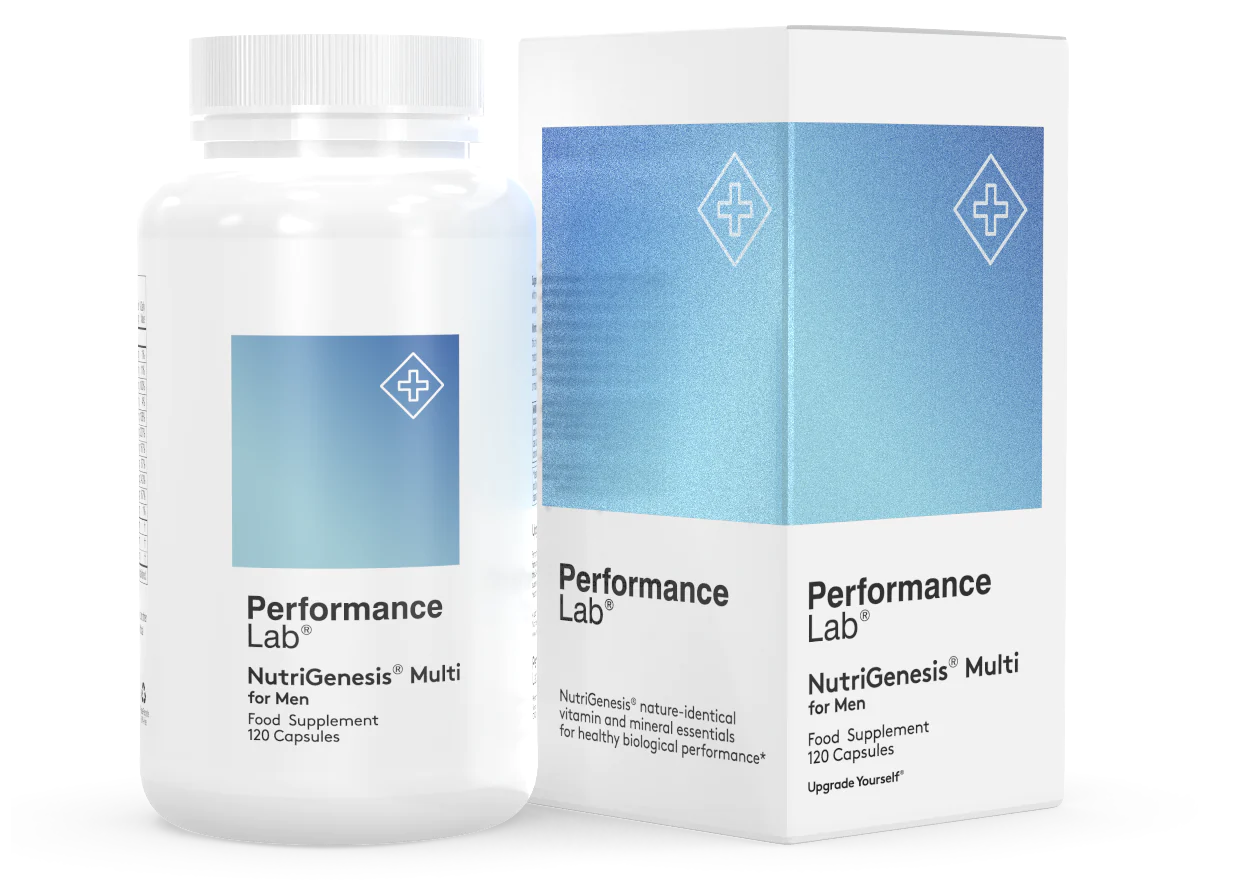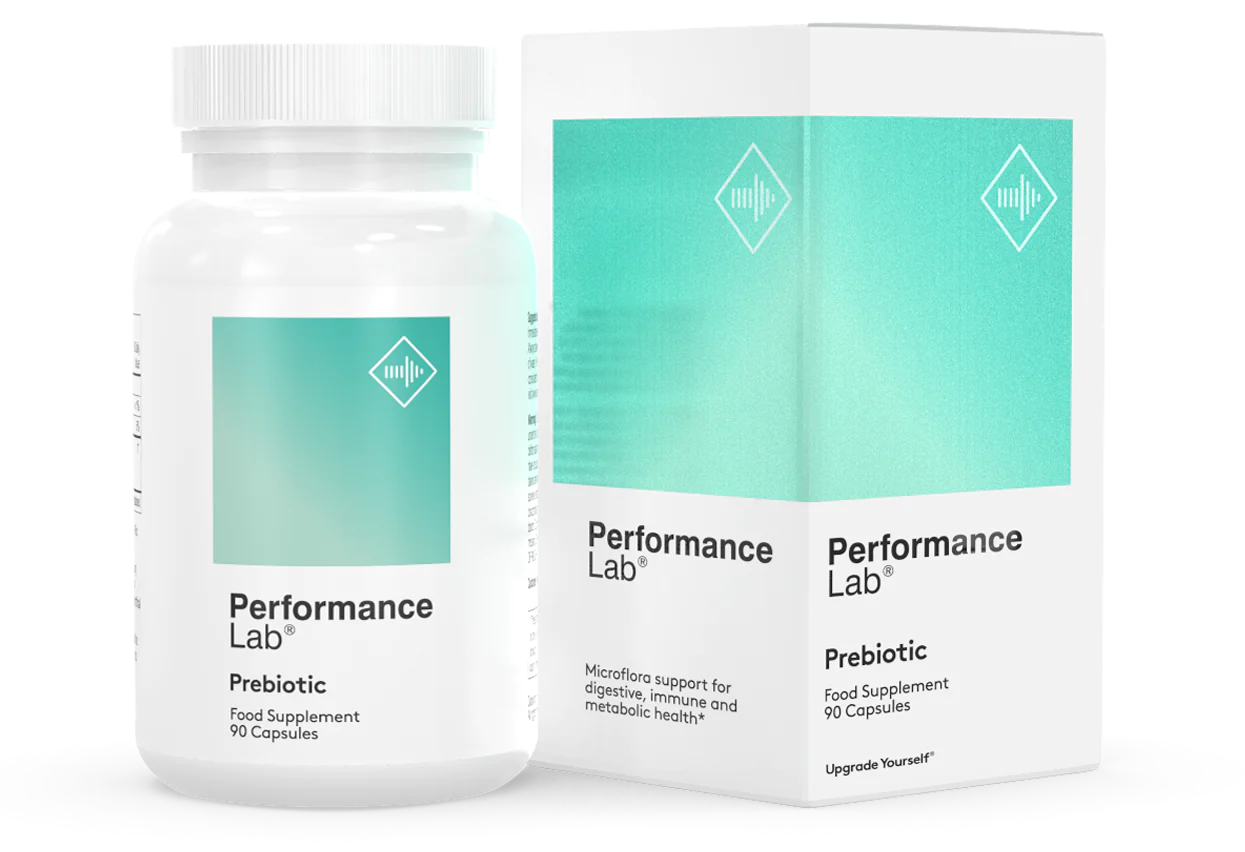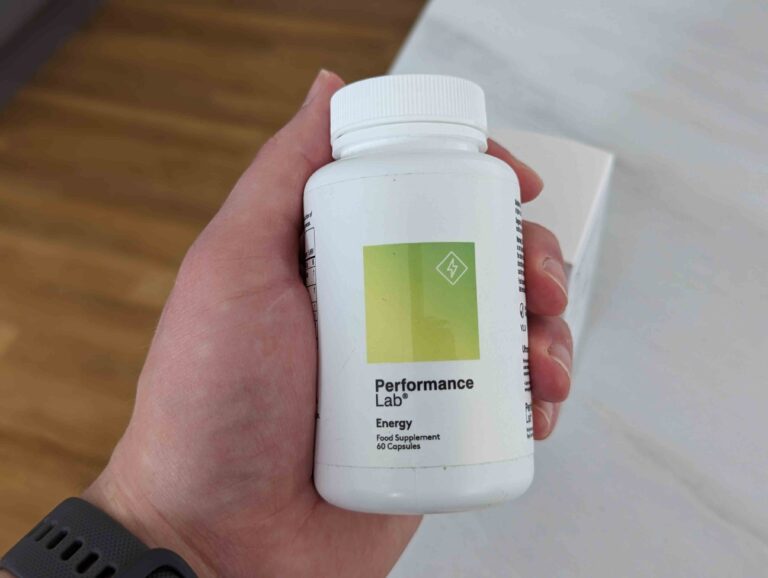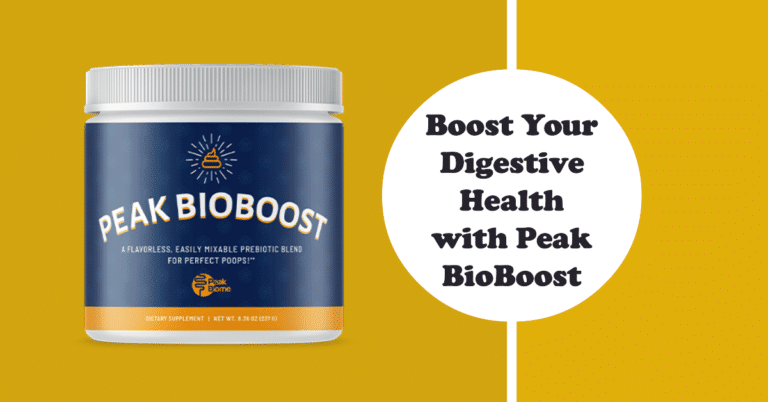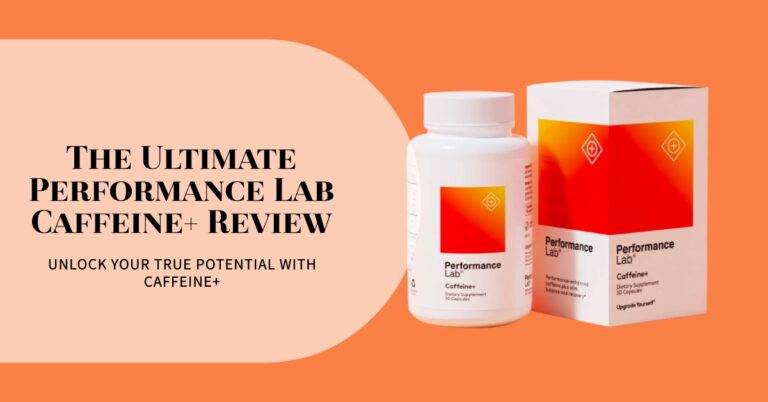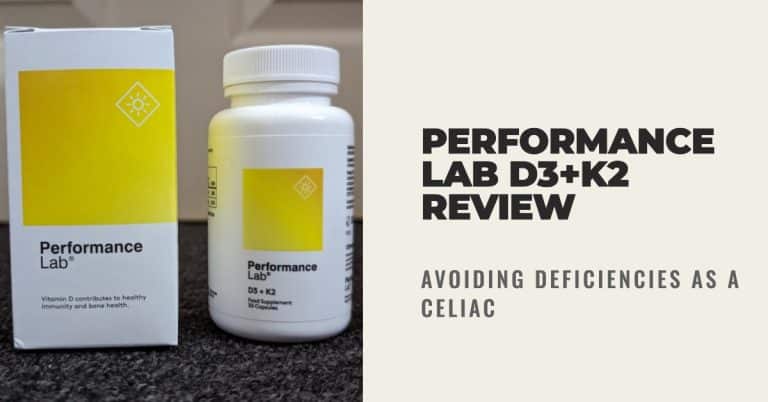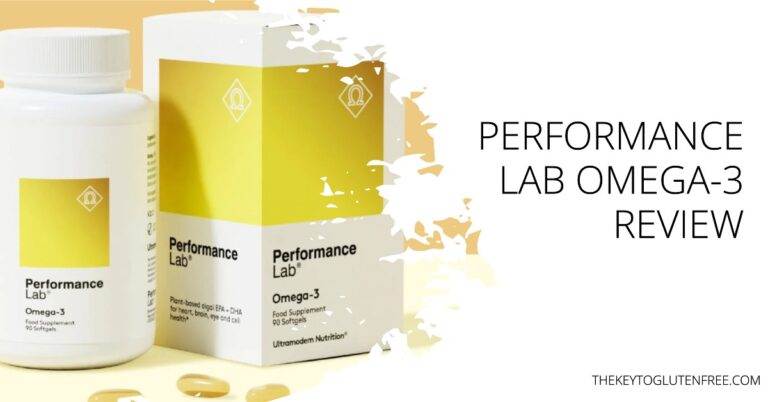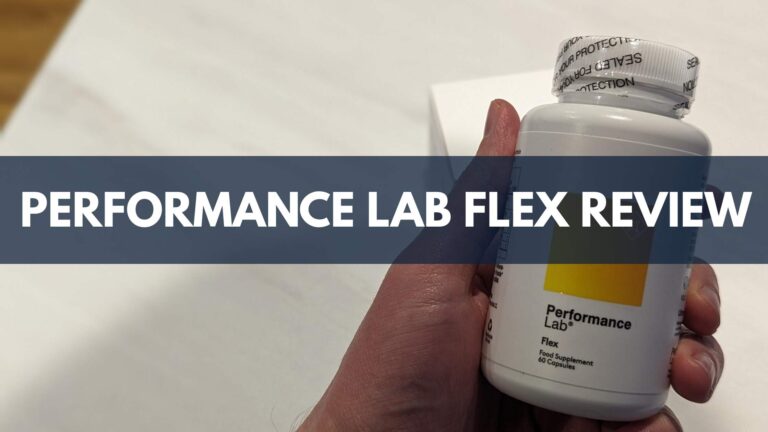Best IBS Supplements 2024: Must Haves for Sufferers!
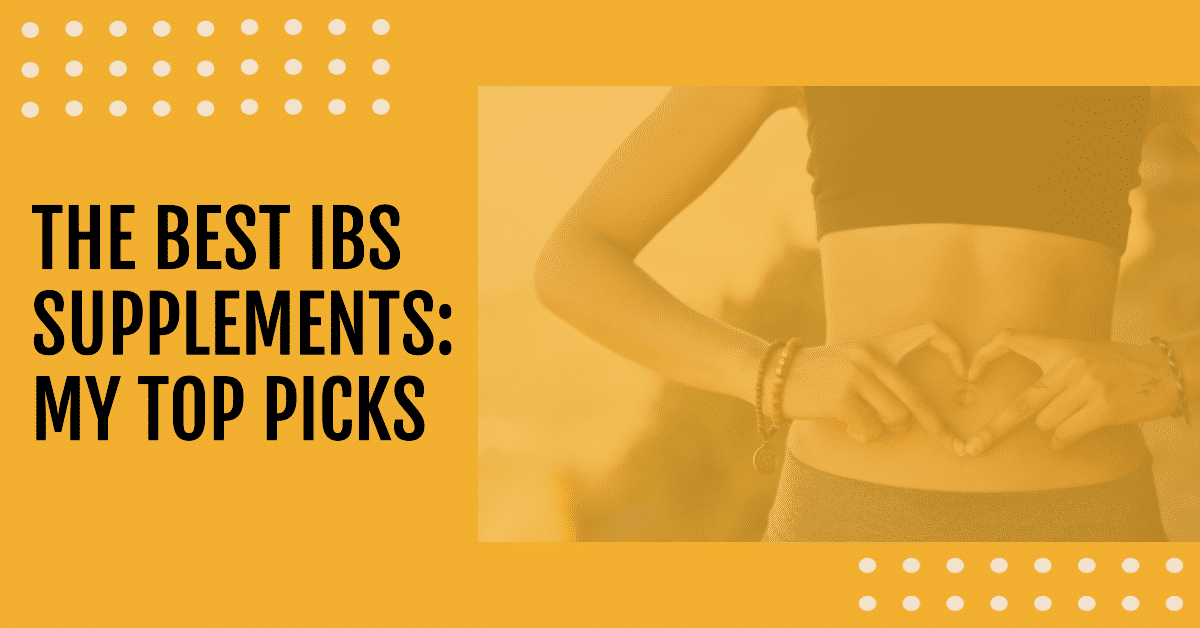
Living with Irritable Bowel Syndrome (IBS) since my diagnosis in 2021, I’ve been on a relentless quest to find relief. The discomfort, the unpredictability, the bloat – it’s a daily battle.
But guess what? I’ve found some allies in this fight. Supplements that have not only eased my symptoms but have made life more livable.
Here’s my take on the best IBS supplements of 2024, tried and tested by yours truly.
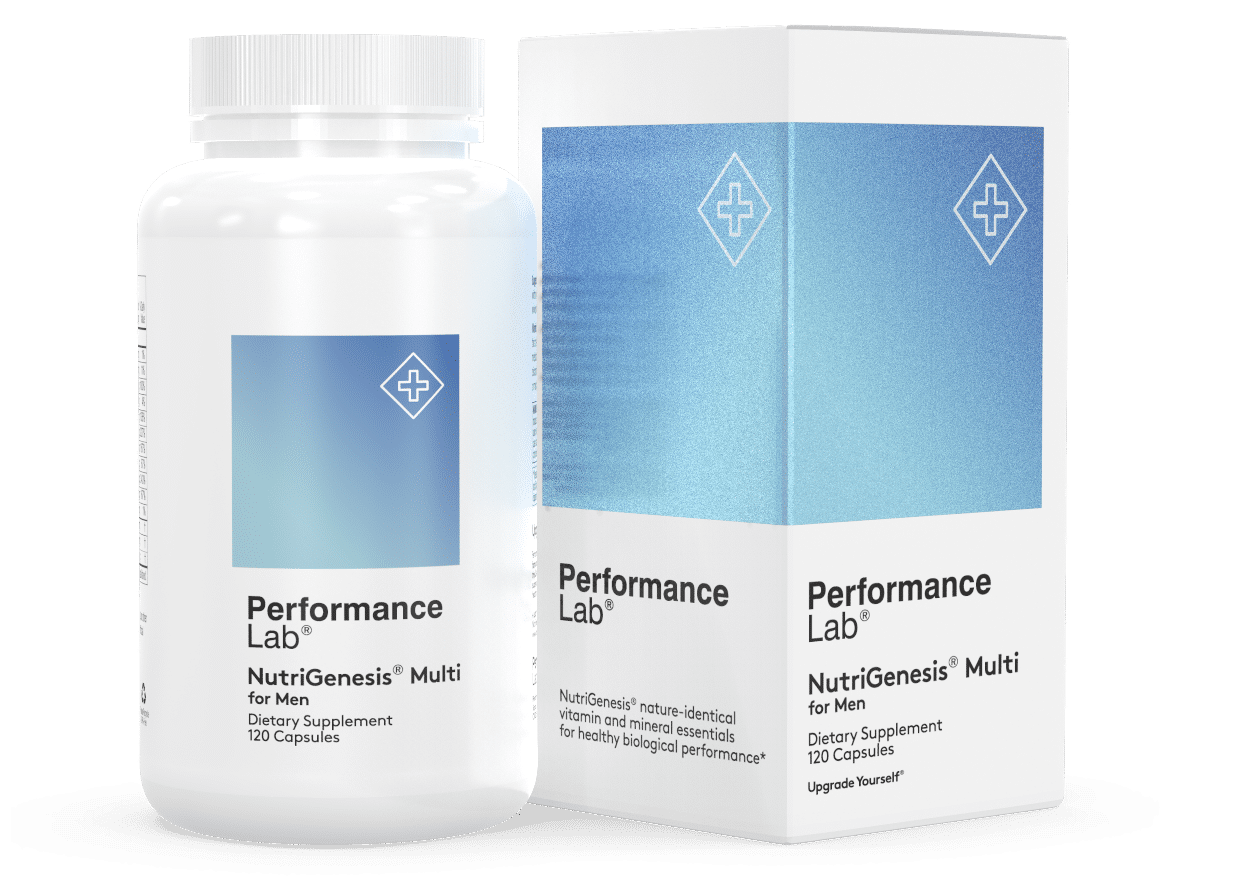 | NutriGenesis Multi | Get the best deals |
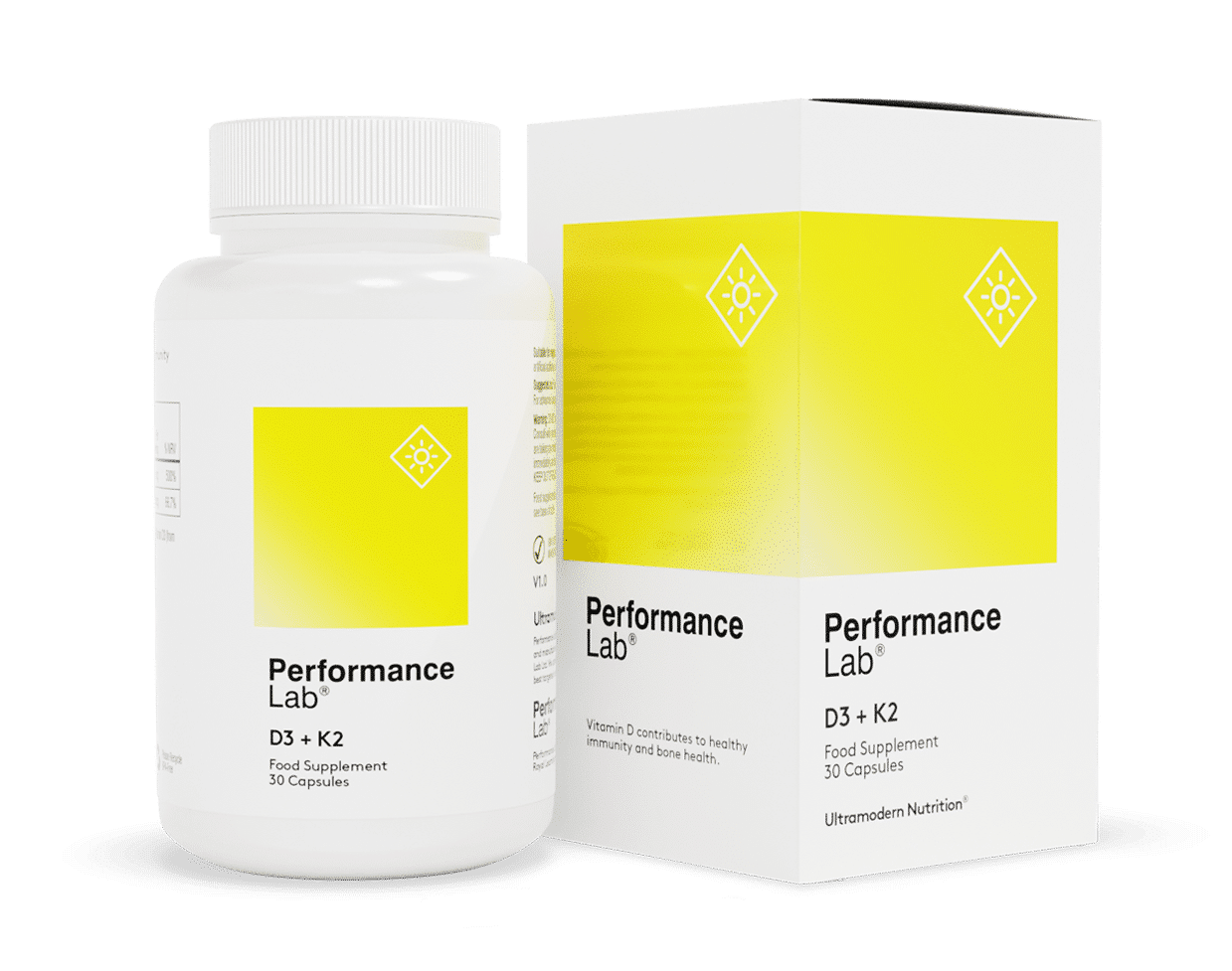 | Performance Lab D3 + K2 | Get the best deals |
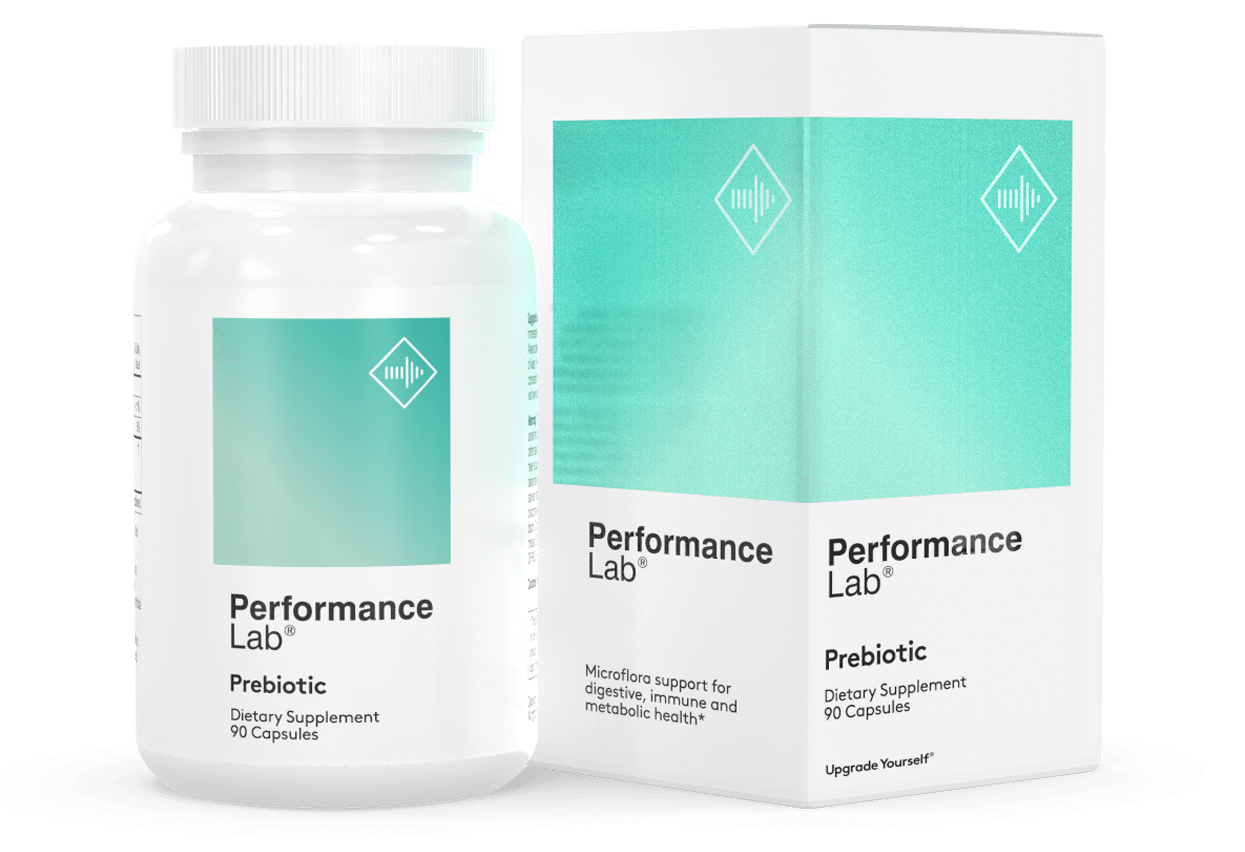 | Performance Lab Prebiotic | Get the best deals |
Best IBS Supplements: My Top Picks for 2024
NutriGenesis Multi for Men: A Man’s Best Friend
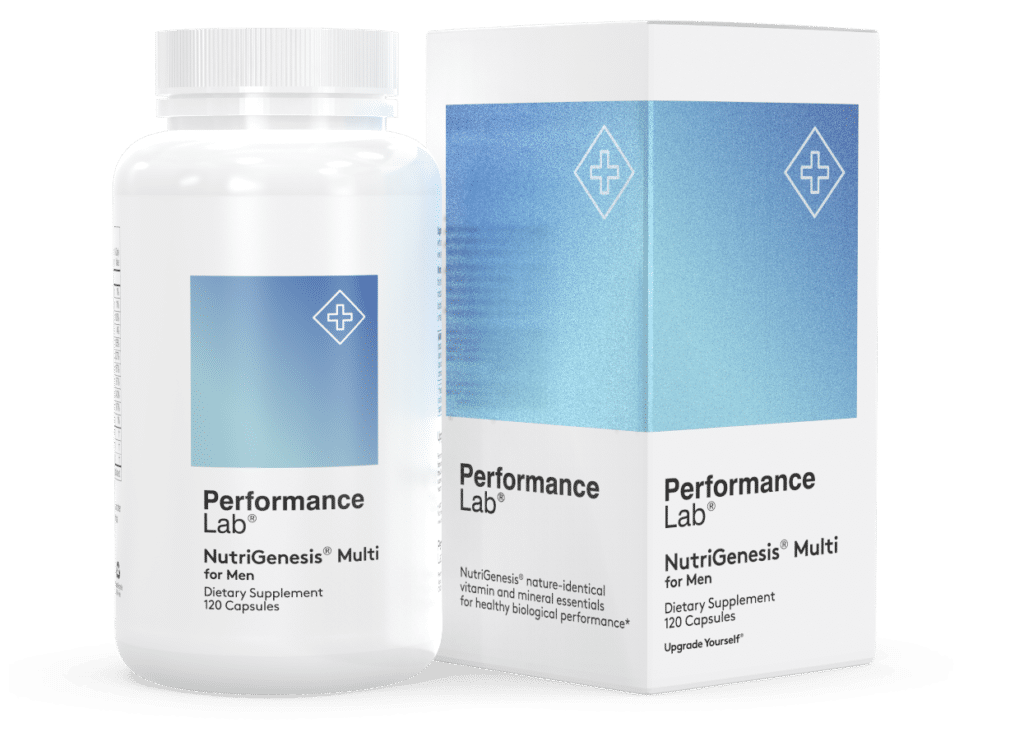
Pros:
- Tailored for Men: Designed specifically for men’s nutritional needs.
- Rich in Nutrients: Packed with essential vitamins and minerals.
- Supports Gut Health: Contains elements that may help with digestion and gut health.
Cons:
- Gender-Specific: Not suitable for women, you’ll need NutriGenesis Multi for Women for that.
- Price: Might be on the higher side for some.
Why Buy NutriGenesis Multi for Men?
This isn’t just a supplement; it’s a lifeline for men like me who suffer from IBS. NutriGenesis Multi for Men has been a game-changer in managing my IBS symptoms.
It’s like having a dietitian in a bottle, guiding me towards better gut health. The blend of vitamins and minerals supports overall well-being, and I’ve noticed a significant reduction in bloat and discomfort.
Experience the power of nature with NutriGenesis® Multi for Men. Maximize nutrient absorption, bioavailability, and effectiveness. Choose cleaner, safer, and planet-friendly nutrition. Buy now and see the difference!
Performance Lab D3+K2: Sunshine in a Capsule
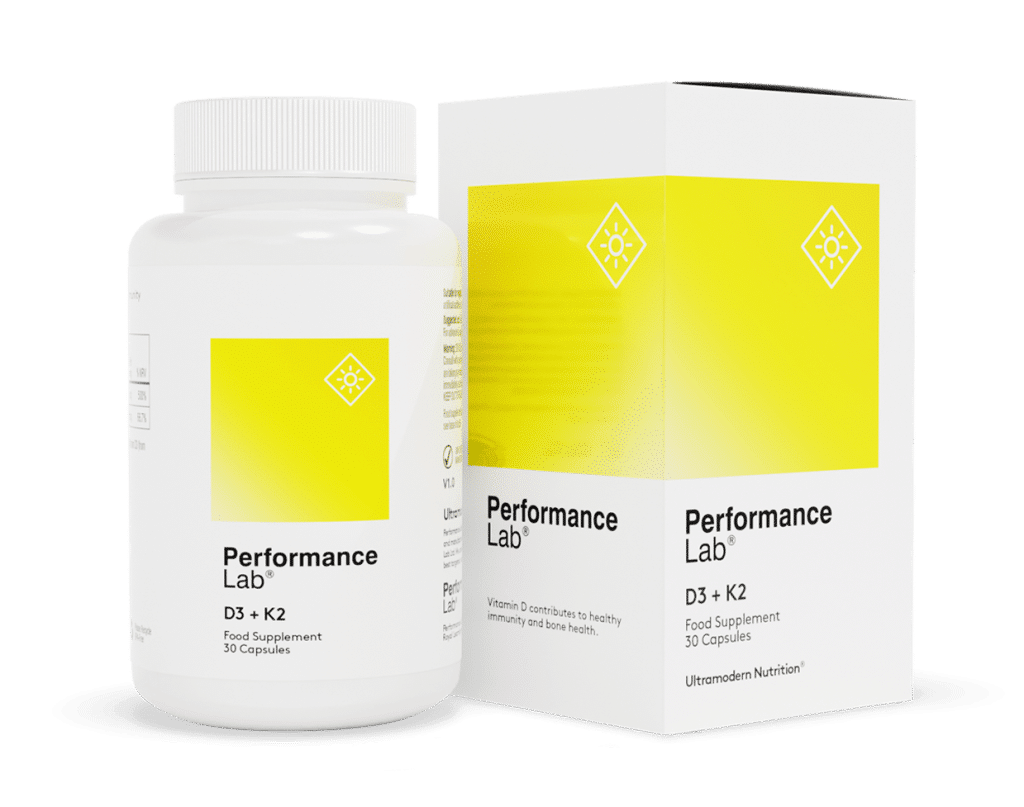
Pros:
- Boosts Immunity: Vitamin D3 enhances the body’s first line of defense.
- Improves Bone Health: K2 plays a crucial role in bone metabolism.
- May Help with IBS: Some research suggests that Vitamin D can alleviate IBS symptoms.
Cons:
- Not a Complete Solution: It’s beneficial but not a standalone treatment for IBS.
Why Buy D3+K2?
Struggling with IBS gloom? Let the sunshine in with Performance Lab D3+K2.
Scientifically shown to lift moods and strengthen immunity, this little capsule brings a ray of hope to brighten cloudy days.
Feel the difference with natural mood support to help you stay positive through flare ups.
As if that wasn’t enough – research also shows vitamin D can play a role in reducing IBS symptoms.
Now, how about that for a compelling reason to give this product a try?
Unleash your full potential with Performance Lab D3 + K2 - the ultimate supplement for optimizing strength, vitality, and overall well-being. Elevate your health journey and experience a new level of greatness today!
Performance Lab Prebiotic: Nourishing the Good Bacteria
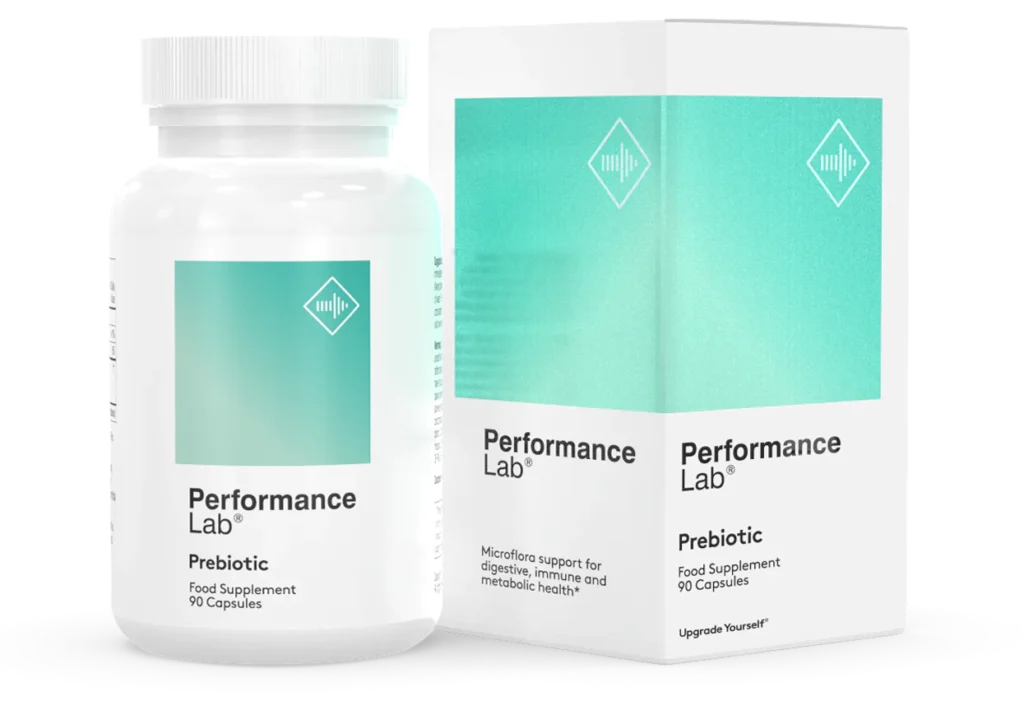
Pros:
- Enhances Gut Microbiota: Feeds the good bacteria in your digestive tract.
- Reduces Bloating: Helps in managing gas production and uncomfortable bloating.
- Supports Digestive Health: Aids in digestion and may help relieve IBS symptoms.
Cons:
- Results Vary: Everyone’s microbiome is unique, so effects can differ.
- Potential Initial Side Effects: Some may experience initial gas and bloating as the body adjusts.
Why Buy Performance Lab Prebiotic?
Prebiotic is like a garden tender for the gut, nourishing the good bacteria and helping them flourish.
Since I started using it, I’ve felt a boost in my digestive health, and the usual IBS symptoms like constipation and diarrhea have become less frequent.
It’s a supplement designed to make your gut a happier place, and it’s done just that for me.
Supercharge your performance and optimize gut health with Performance Lab Prebiotic. Unleash your true potential and experience the winning edge you’ve been searching for.
A Power Trio for IBS Sufferers
These products have been my allies, my support system in the battle against IBS.
They’ve helped me regain control over my life, and I believe they can do the same for you. But remember, supplements are not a one-size-fits-all solution.
Consult with a healthcare provider, understand your specific type of IBS, and choose the best supplements that suit your needs.
The Science Behind Supplements: Understanding the Gut
The Gut-Brain Connection: More Than Just a Feeling
Ever had a “gut feeling”? Well, it’s not just a saying. The gut and the brain are connected in ways that are still being explored. For those of us with IBS, this connection can feel like a double-edged sword.
On one hand, stress and anxiety can trigger IBS symptoms. On the other, hand, the right supplements can help soothe the gut and, in turn, calm the mind.
Let’s take a closer look at different types of supplements that can potentially help you manage your symptoms of IBS.
Probiotics: The Friendly Bacteria
Probiotics have been a buzzword in the health community, and for good reason. These friendly bacteria can help with IBS by balancing the gut microbiota.
Think of them as the good guys in your digestive tract, fighting off the bad guys and keeping things in harmony.
Pros of Probiotics:
- Balance Gut Bacteria: Helps in maintaining a healthy balance of gut bacteria.
- May Reduce Symptoms: Some studies show that probiotics may help reduce bloating and other IBS symptoms.
- Boosts Digestive Health: Enhances the overall digestive system.
Cons of Probiotics:
- Strain Specific: Not all probiotics are the same; finding the right probiotic strain is crucial.
- Potential Side Effects: Some may experience initial digestive discomfort.
Probing Probiotics: What Does Science Say?
Probiotics have been a beacon of hope for many IBS sufferers, including myself. But what does science say about these friendly bacteria?
Clinical trials have shown mixed results, but there’s promising evidence supporting their effectiveness in reducing IBS symptoms such as diarrhea and bloating in individuals with IBS [1].
The Right Strain: A Crucial Choice
Choosing the right probiotic strain is like finding a needle in a haystack. It’s not just about grabbing any probiotic off the shelf.
Specific strains like Saccharomyces boulardii have been studied for their potential benefits in IBS. Consulting with a healthcare provider or dietitian can guide you to the probiotic that works best for your unique gut microbiota.
Peppermint Oil: A Soothing Sensation
Peppermint oil has been a traditional remedy for digestive issues, and modern science is catching up. The cooling effect of peppermint oil can help relieve IBS symptoms like gas and bloating.
Pros of Peppermint Oil:
- Natural Relief: Offers a natural way to alleviate symptoms.
- Widely Available: Can be found in various over-the-counter supplements.
Cons of Peppermint Oil:
- Not for Everyone: Some individuals may find the sensation too strong or may be allergic.
Fiber Supplements: The Unsung Heroes
Fiber supplements may not be as glamorous as other options, but they’re essential in managing IBS, especially IBS with constipation (IBS-C).
Soluble fiber supplements can help with bowel movements and reduce the hard or lumpy stools that are at least a common symptom.
Pros of Fiber Supplements:
- Improves Bowel Movement: Helps in regularizing bowel movements.
- Reduces Constipation: Particularly beneficial for those with IBS-C.
Cons of Fiber Supplements:
- May Cause Gas: Initially, it may lead to increased gas and bloating.
- Needs Gradual Introduction: Must be introduced slowly to avoid digestive upset.
The Journey to Relief: Personal Insights
Finding the Right Supplement: Trial and Error
Finding the right supplement for IBS is like finding the perfect pair of shoes. It takes trying on a few before you find the one that fits just right.
I’ve been there, experimenting with different supplements, from probiotics to peppermint oil. It’s a journey, but one worth taking.
Consult a Dietitian: A Guided Path
A dietitian can be your guide on this journey, helping you navigate the maze of supplements for IBS. They can tailor recommendations based on your specific symptoms and needs.
Trust me, having professional guidance can make the road to relief smoother.
The Emotional Rollercoaster Only People With IBS Will Understand
Living with IBS is an emotional rollercoaster. The ups and downs, the hope and despair—it’s all part of the journey. Supplements can help, but it’s also essential to acknowledge and address the emotional aspect of IBS.
Therapy, support groups, or simply talking to someone who understands can make a world of difference for individuals with IBS.
The path to managing IBS is not a straight line. It’s a winding road filled with trials, errors, successes, and failures. But with the right supplements, guidance, and emotional support, relief is possible.
Understanding Your IBS: Tailoring Treatment To Meet Your Needs
IBS is a functional disorder, meaning it’s unique to each individual. What works for one person may not work for another.
Understanding your specific type of IBS, whether it’s IBS with diarrhea (IBS-D), IBS with constipation (IBS-C), or a mix of both, is crucial in finding the right supplements.
IBS-D: The Battle with Diarrhea
For those battling IBS-D, supplements that help with diarrhea may be the key. Probiotics, for instance, can help balance the gut and may reduce diarrhea. It’s a fight, but one that can be won with the right approach.
IBS-C: Conquering Constipation
IBS-C is a different beast, where constipation is the main foe. Fiber supplements may be the weapon of choice here, helping to soften stools and make bowel movements more regular. It’s a challenge, but with the right tools, victory is possible.
Also Read: Best Multivitamin for Celiac Disease
The Role of Diet: More Than Just Supplementation
Supplements for IBS are fantastic, but they’re not the whole story. Diet plays a significant role in managing IBS.
Foods rich in soluble fiber, avoiding triggers like fatty or spicy foods, and incorporating gut-friendly options can make a world of difference.
It’s not just about popping a pill; it’s about embracing a lifestyle that supports gut health.
The Fiber Factor: Soluble vs. Insoluble
Diet plays a starring role in managing IBS, and fiber is the lead actor. But not all fibers are created equal.
Soluble fiber, found in oats, beans, and certain fruits, can help with both constipation and diarrhea.
It’s like a gentle hug for your gut, soothing and regulating. Insoluble fiber, on the other hand, found in whole grains and vegetables, can sometimes exacerbate IBS symptoms.
It’s a delicate balance, one that requires understanding and fine-tuning.
The Low-FODMAP Diet: A Guided Approach
The Low-FODMAP diet has been a revelation for many IBS sufferers. FODMAPs are specific types of carbohydrates that can be hard to digest for some.
By reducing these in the diet, many have found relief from gas production, bloating, and other IBS symptoms. It’s not a one-size-fits-all solution, but for some, it’s been a game-changer.
Hydration: The Unsung Hero
Water might not be the first thing that comes to mind when thinking about IBS, but it’s a crucial player. Staying hydrated helps in digestion and can alleviate constipation.
It’s a simple step, but one that harmonizes with supplements and dietary changes to create a symphony of relief.
Mindful Eating: A Gentle Approach
Eating isn’t just about what you eat but how you eat. Mindful eating, taking the time to chew, savor, and enjoy food, can make a difference in digestion.
It’s a gentle approach, one that respects the body and works in harmony with supplements to create a holistic healing experience.
FAQs About Nutritional Supplements and IBS
What symptoms can supplements help with in IBS patients?
Supplements like probiotics, peppermint oil, and fiber may help ease common IBS symptoms in people with irritable bowel syndrome.
Research shows probiotics can help can boost good gut bacteria, which may improve diarrhea, constipation, bloating, and gas associated with IBS.
But more research is needed to confirm the best probiotic strains specifically designed for IBS relief.
How can probiotics help IBS diarrhea?
Studies suggest that a probiotic supplement may reduce loose, frequent bowel movements in IBS patients as they can boost the number of good bacteria in the gut.
Some probiotics for IBS seem promising for managing diarrhea symptoms of irritable bowel syndrome.
However, more research is needed to determine which probiotic products work best to improve IBS diarrhea specifically.
What supplements are best for different types of IBS?
For IBS with constipation, fiber supplements may help with hard or lumpy but less than 25% of bowel movements.
Probiotics could improve diarrhea in IBS-D by boosting good gut bacteria. Peppermint oil and vitamin D may also help relieve overall IBS symptoms.
Research suggests omega-3s reduce inflammation associated with IBS.
How do fiber supplements help constipation in IBS?
Soluble fiber supplements can soften hard, lumpy stools and promote more frequent bowel movements in people with IBS and constipation.
Gradually increasing fiber is key. Start low and go slow to avoid discomfort as your body adjusts.
What is the role of supplements in IBS treatment?
Research shows some dietary supplements may complement other treatments to help manage IBS symptoms.
However, lifestyle changes are still an essential part of long-term IBS relief. Work closely with your healthcare provider to determine which supplement(s) may help your specific IBS symptoms.
Final Thoughts on The Best Supplements for IBS
As someone living with IBS since 2021, I’ve been on a winding journey of discomfort, hope, trial, and triumph. Supplements have been helpful tools, but they’re not the whole answer.
Managing IBS requires a holistic approach – diet, lifestyle, and emotional health all play key roles.
The Right Supplements – A Personal Choice
The options seem endless – probiotics, peppermint oil, fiber, vitamins. But there’s no one-size-fits-all.
The best supplements are personalized, based on your unique IBS symptoms and needs. Consulting professionals can help determine what fits you best.
Diet and Lifestyle – Critical Support
Supplements take center stage, but diet and lifestyle are critical supporting actors.
Embracing soluble fiber, avoiding triggers, staying hydrated, mindful eating – these all enhance supplement effectiveness for a happier gut.
Emotional Health – The Heart of It
We can’t overlook emotional health, the heart of the matter. IBS has psychological components too. Support, understanding, empathy – these “emotional supplements” can heal in ways pills can’t.
The Road Ahead – A Shared Journey
Finding IBS relief isn’t a solo trek. It’s a journey we take together, fellow IBS warriors. The road has twists, turns, ups and downs.
But with the right supplements, diet, lifestyle, and compassionate support, relief is an achievable reality. We walk this path as one.
Disclaimer: This content is based on my personal experience as an individual diagnosed with celiac disease and IBS (Irritable Bowel Syndrome) who follows a strict gluten-free diet. This does not constitute medical advice. Please consult a medical professional, nutritionist, or qualified dietitian for personalized, professional advice.

